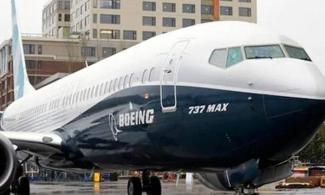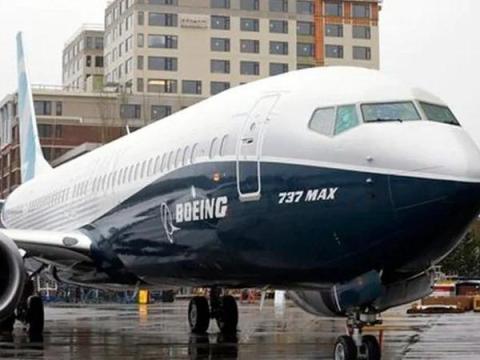
The airline noted that it remained the only airline on the continent among the very few in the world with the B-737 MAX full flight simulator, noting that its pilots were trained on all appropriate simulators.

Ethiopian Airlines has said that its entire fleet of Boeing 737 MAX 8 aircraft would remain grounded until Boeing Commercial Jet and United States Federal Aviation Administration (FAA) give explanations to the several unanswered questions surrounding the safety status of the aircraft brand.
The airline also said that it would forever feel the pains of the ill-fated crash, which killed 159 souls onboard, maintaining that its pilots went through the conversion training of B737 MAX 8 as required by Boeing and FAA.
Group Chief Executive Officer of Ethiopian Airlines, Mr. Tewolde GebreMariam stated this today in an email to our correspondent.
The airline noted that it remained the only airline on the continent among the very few in the world with the B-737 MAX full flight simulator, noting that its pilots were trained on all appropriate simulators.
He said: “The crews were well-trained on this aircraft. Immediately after the crash and owing to the similarity with the Lion Air Accident, we grounded our fleet of Max 8s. Within days, the plane had been grounded around the world. I fully support this. Until we have answers, putting one more life at risk is too much.
“As it is well known in our global aviation industry, the differences training between the B-737 NG and the B-737 MAX recommended by Boeing and approved by the U.S. Federal Aviation Administration called for computer-based training, but we went beyond that.
“After the Lion Air accident in October, our pilots who fly the Boeing 737 Max 8 were fully trained on the service bulletin issued by Boeing and the Emergency Airworthiness Directive issued by the USA FAA. Among the seven full flight simulators that we own and operate, two of them are for B-737 NG and the B-737 MAX.”
The GCEO explained further that the heartbreak for the families of the passengers and crew who perished would be lasting, stressing that as a state-owned airline and the flagship carrier for the country, it carried the torch for the Ethiopian brand around the world.
He, however, assured that the accident won’t define the airline, pledging that it would work with Boeing and other airlines to make air travel even safer.
He stated that the investigation of the accident was still well underway, noting that it would refrain from making categorical statement on the cause of the crash until investigators come out with the outcome of their investigation on the cause of the crash.
“At this time, I do not want to speculate as to the cause. Many questions on the B-737 MAX airplane remain without answers, and I pledge full and transparent cooperation to discover what went wrong,” he said.
The airline also reiterated its trust in Boeing aircraft manufacture, stressing that it had been its long term partner with more than two-thirds of its fleet being Boeing.
“We were the first African airline to fly the 767, 757, 777-200LR, and we were the second nation in the world (after Japan) to take delivery of the 787 Dreamliner. Less than a month ago, we took delivery of yet another new two 737 cargo planes (a different version from the one that crashed).
“The plane that crashed was less than five months old. Despite the tragedy, Boeing and Ethiopian Airlines will continue to be linked well into the future,” he added.